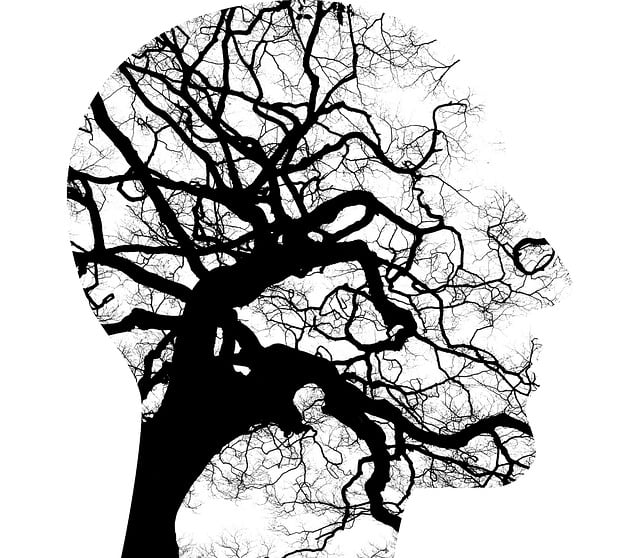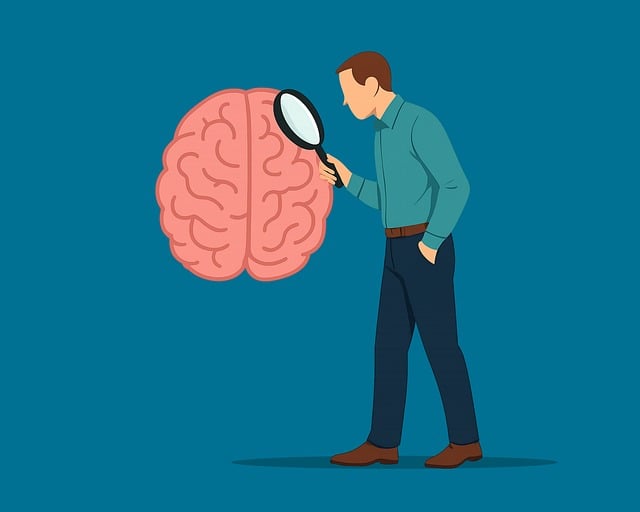Stress Reduction Strategies: Littleton Chronic Pain Therapy’s Comprehensive Guide
Littleton Chronic Pain Therapy recognizes the deep connection between stress and chronic pain, offer…….
In the realm of healthcare, managing chronic pain is a complex challenge, impacting millions worldwide. Among various therapeutic approaches, Littleton Chronic Pain Therapy (LCPT) has emerged as a pioneering method, offering hope and improved quality of life for those grappling with long-term pain conditions. This article aims to provide an in-depth exploration of LCPT, its principles, global reach, and the multifaceted factors shaping its present and future trajectory. By delving into these aspects, we seek to equip readers with a comprehensive understanding of this transformative therapeutic practice.
Definition: Littleton Chronic Pain Therapy is an interdisciplinary approach to managing chronic pain, emphasizing holistic treatment strategies tailored to individual needs. It involves a combination of medical, psychological, and alternative treatments designed to reduce pain intensity, improve function, and enhance overall well-being.
Core Components:
Medical Management: This includes prescription medications, such as analgesics, anti-inflammatory drugs, and neuropathic pain medications, combined with careful monitoring to optimize pain relief while minimizing side effects.
Psychological Interventions: Cognitive-behavioral therapy (CBT), mindfulness practices, and relaxation techniques are employed to help patients manage their pain perception, reduce stress, and develop coping strategies.
Alternative Therapies: LCPT incorporates a range of alternative treatments like acupuncture, massage therapy, yoga, and biofeedback, which can provide complementary relief and promote self-care.
Patient Education: Educating patients about their condition, available treatment options, and self-management techniques is a cornerstone of LCPT, empowering individuals to actively participate in their care.
Historical Context: The roots of LCPT can be traced back to the mid-20th century when healthcare professionals began challenging traditional pain management approaches, which often focused solely on medication. This shift towards a more holistic and patient-centered approach gained momentum with the growing recognition of chronic pain as a complex, multifaceted condition. The term “Littleton” is not a geographical location but rather serves as a metonym for this comprehensive therapy model that has evolved over time.
Littleton Chronic Pain Therapy has left an indelible mark on healthcare systems worldwide, with its principles and practices adopted and adapted across diverse regions.
| Region | Impact and Adoption |
|---|---|
| North America | LCPT gained early traction in the United States and Canada, driven by the need for alternative pain management methods. Many leading medical centers have integrated these therapies into their chronic pain clinics. |
| Europe | The European Union has seen a rise in LCPT adoption, with countries like Germany, the UK, and France leading the way. Strict regulations regarding prescription medications have prompted healthcare providers to explore holistic alternatives. |
| Asia-Pacific | In countries like Australia and New Zealand, LCPT is increasingly recognized as a valuable tool for managing complex pain cases. The region’s strong emphasis on alternative medicine has facilitated its integration into mainstream healthcare. |
| Middle East and Africa | While adoption is varying, some countries in the MEA region are embracing LCPT due to its success in improving patient outcomes and reducing reliance on opioids. |
Key Trends:
The economic implications of Littleton Chronic Pain Therapy are multifaceted, impacting healthcare systems, patients, and society at large.
Market Dynamics:
Investment Patterns: Private equity firms and venture capital investors have shown interest in LCPT startups and established practices, recognizing their potential for significant returns. This influx of investment has fueled innovation and expanded access to these therapies.
Patient Perspective: For individuals suffering from chronic pain, the economic burden can be substantial, encompassing medical expenses, lost productivity, and reduced quality of life. LCPT offers a cost-effective alternative to traditional care, potentially reducing long-term healthcare costs.
Technological innovations have played a pivotal role in shaping the landscape of Littleton Chronic Pain Therapy.
The legal framework surrounding Littleton Chronic Pain Therapy varies across jurisdictions, influencing its practice and accessibility.
International Perspectives:
Key Considerations:
Despite its proven benefits, Littleton Chronic Pain Therapy faces several challenges that hinder its widespread adoption and accessibility.
Strategies for Overcoming Challenges:
Case Study 1: Transforming Lives in Urban Centers
Setting: A major metropolitan area struggling with a high opioid crisis rate.
Approach: Local healthcare providers collaborated to establish a comprehensive pain management clinic, offering a range of LCPT options. The program included CBT, acupuncture, and patient education workshops.
Outcomes: Within six months, the clinic saw a 35% reduction in opioid prescriptions and a significant increase in patient satisfaction. Many participants reported improved quality of life and reduced pain levels, leading to decreased absenteeism from work and school.
Case Study 2: Rural Community Healing Initiative
Background: A rural community with limited access to specialized healthcare services.
Strategy: A non-profit organization launched a mobile LCPT clinic, providing on-site treatments and education in underserved areas. The program included yoga, mindfulness training, and medication management.
Impact: The initiative successfully improved pain management for over 200 residents, reducing their reliance on costly emergency room visits. The program’s success led to partnerships with local healthcare providers, ensuring sustained access to LCPT.
The future of Littleton Chronic Pain Therapy is filled with both opportunities and challenges, as the field continues to evolve and meet the changing needs of patients worldwide.
Emerging Trends:
Growth Areas:
Littleton Chronic Pain Therapy represents a significant advancement in healthcare’s approach to managing long-term pain conditions. Its holistic nature, combining medical, psychological, and alternative treatments, offers a comprehensive solution that improves patient outcomes and enhances overall well-being. As the world navigates the complexities of chronic pain, LCPT emerges as a beacon of hope, guiding individuals towards a life with reduced pain and increased productivity.
Q: What types of chronic pain conditions can benefit from LCPT?
A: LCPT is effective for various conditions, including neuropathic pain, fibromyalgia, arthritis, and post-operative pain. Its versatility allows for tailored treatment plans.
Q: How does LCPT differ from traditional pain management approaches?
A: Unlike conventional methods often relying heavily on medication, LCPT takes a multifaceted approach, incorporating alternative therapies, psychological support, and patient education to address the root causes of pain.
Q: Is LCPT covered by insurance?
A: Insurance coverage varies. Many plans now include LCPT as a benefit, but specific policies differ. Patients should consult their insurers or healthcare providers for details.
Q: Can LCPT help reduce opioid dependence?
A: Absolutely. LCPT offers a safer and more holistic alternative to opioids for pain management, helping individuals reduce their reliance on these powerful medications.
Q: Are there any side effects associated with LCPT?
A: As with any treatment, there may be minor side effects from certain therapies. For example, acupuncture or yoga might cause temporary discomfort. However, these are generally well-tolerated, and providers monitor patients closely.

Littleton Chronic Pain Therapy recognizes the deep connection between stress and chronic pain, offer…….

Advocating for mental health policy reforms is key to enhancing access to specialized treatments lik…….

Littleton Chronic Pain Therapy (LCPT) offers specialized care for trauma survivors dealing with chro…….